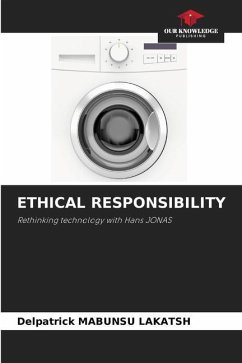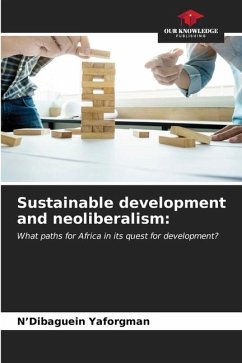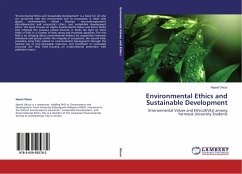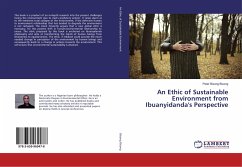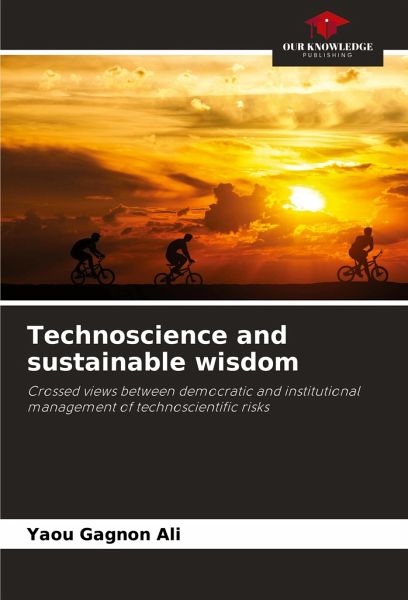
Technoscience and sustainable wisdom
Crossed views between democratic and institutional management of technoscientific risks
Versandkostenfrei!
Versandfertig in 6-10 Tagen
41,99 €
inkl. MwSt.

PAYBACK Punkte
21 °P sammeln!
Contemporary technoscience is both ambivalent and threatening to humanity. Through its power and complexity, it weakens any attempt at its regulation. Thus, to think properly about such a technoscientific power and the real conditions of its regulation, to avoid it being reduced to a confrontation between promising satisfactions and unavoidable threats, can be done in the sense of a fundamental question: how to regulate contemporary technology and to make sure that it does not turn against the human being without falling into obsolescence? The answer is that in order to regulate contemporary t...
Contemporary technoscience is both ambivalent and threatening to humanity. Through its power and complexity, it weakens any attempt at its regulation. Thus, to think properly about such a technoscientific power and the real conditions of its regulation, to avoid it being reduced to a confrontation between promising satisfactions and unavoidable threats, can be done in the sense of a fundamental question: how to regulate contemporary technology and to make sure that it does not turn against the human being without falling into obsolescence? The answer is that in order to regulate contemporary technology, it would be necessary to promote the perspective of a strong technosageness. It consists in rebuilding the institutions in charge of regulating technology on a political wisdom that would allow actors to let go of their particular interests and to make decisions nourished by a deep understanding of technoscientific activity. Political wisdom can ensure effective risk management while allowing technoscience to be directed toward promising human strategic ends.







